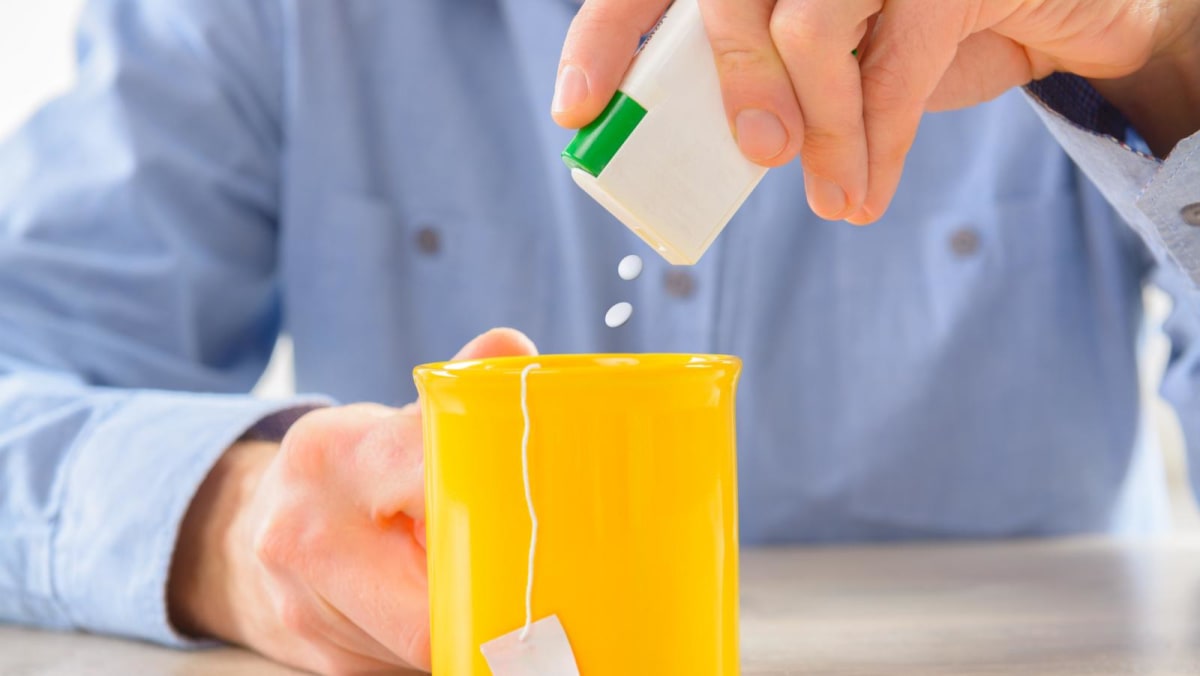Commentary: Warnings on sweeteners may leave a bitter taste
That would put the sweetener, marketed under brand names such as Equal and Canderel, in the same category as gasoline and aloe vera extract. A formal announcement is tabled for Jul 14, along with a paper in Lancet Oncology.
OTHER FACTORS NEGLECTED
But the IARC pronouncement isn’t the critical one. Whether a hazard becomes a health risk depends on factors such as exposure, dose and preventive measures (sunshine is a largely unavoidable carcinogen, with sunscreen a mitigation).
That is where the second WHO-linked committee, on food additives, comes in. Its statements – on acceptable daily intake and dietary exposure – will be the ones to watch out for.
The committee previously assessed aspartame, also known as E951, in 1981, setting an acceptable consumption limit at 40mg per kg of body weight per day – or 12 cans of Diet Coke a day for a 60kg person.
That has reassured food safety agencies, including in the US, the UK and the European Union.
But doubts have accumulated since, partly because of observational studies that hint at slightly higher rates of cancer in consumers. A 2022 analysis of nearly 103,000 people reported that those who consumed higher levels of artificial sweeteners, including aspartame, were 1.15 times more likely overall to develop cancer than those who consumed none.
Observational studies, though, can point only to association, not cause and effect; other factors could be at play. Plus, “reverse causality” cannot be ruled out: People who are obese, and therefore already face a higher cancer risk, might be more likely to choose artificial sweeteners.
For all the latest world News Click Here

